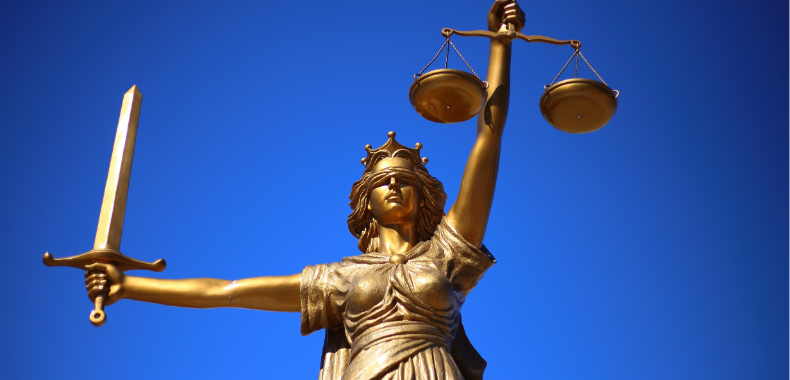On 10 September, the 3rd Panel of the Brazilian Superior Court of Justice (STJ) ruled in Special Appeal 2.121.497/RJ, increasing the damages awarded to the Azzas 2154 group – also known as Tiferet Comércio de Roupas Ltda. – for the unauthorised reproduction of extracts from the songs “Do Leme ao Pontal” and “Você e eu, eu e você” by the famous late Brazilian singer Sebastião Rodrigues Maia (Tim Maia). The works, which are protected by copyright until 2069, were reproduced on T-shirts of the Brazilian brand Reserva without the necessary licence for such use.
According to the reporting judge, Marco Aurélio Bellizze, the reproduction of the lyrics on the T-shirts was not merely a reference, but a direct transcription, with minor modifications such as the addition of the symbol “&” and the omission of linking words. This understanding led to an increase in the amount of compensation, which now includes both the amount the company would have paid for the music licence and the total sales of the T-shirts with the lyrics. The R$ 600,000 cap previously requested by the defence was not accepted.
In addition to the violation of the reproduction rights of the musical works, the judgement emphasises an important point regarding the unauthorised use of trademarks associated with artists. Judge Bellizze noted that the association of an artist with a trademark without the artist’s consent can be harmful because it may imply that the artist endorses ideas or values with which he or she does not agree. This association can lead to a significant increase in sales of the brand, which benefits the infringer but does not reflect the artist’s will.
This part of the decision highlights the concern to protect the extra-patrimonial rights of Tim Maia, who died in 1998, and raises an important question: how should we interpret decisions on the copyright of works created by deceased artists? Is it possible to know, after the author’s death, whether he or she would approve or disapprove of the use of his or her work in a particular context, particularly in relation to trademarks created long after his or her death?
This question widens an important debate about the social function of copyright, especially after the author’s death.According to the Berne Convention and Brazilian law, copyright is protected for 70 years after the author’s death.During this period, the author’s heirs can exercise the related patrimonial rights. However, this 70-year exclusivity can raise concerns about the public interest, access to culture and the dissemination of knowledge, as the control of works can sometimes conflict with these objectives.

An example of this is the actions of Stephen Joyce, James Joyce’s grandson, who has banned several public performances of his grandfather’s works, making access to key works such as Ulysses more difficult.Similarly, the estate of J.R.R. Tolkien strictly controls access to the author’s writings, limiting the distribution of his work.These examples show how, in some cases, heirs can restrict access to culture and information, often for financial or ideological reasons, creating barriers to the dissemination of great authors’ legacies.
This debate on the social function of copyright is complex, involving the tension between the rights of heirs and the public right of access to culture and knowledge.
The exercise of inheritance rights by heirs should be carefully considered, taking into account the impact of these decisions on cultural, economic and technological development. It is therefore essential to continue to reflect on the implications of extending the protection of the works of deceased authors, always seeking a balance between private interests and the public interest.
It is worth contacting a lawyer specialised in intellectual property to understand the subject. Peduti Advogados can help you with this.
—
Author: Marília de Oliveira Fogaça and Cesar Peduti Filho, Peduti Advogados.
Source: Espólio de Tim Maia e Reserva: um olhar sobre a sucessão do direito autoral https://www.jota.info/artigos/espolio-de-tim-maia-e-reserva-um-olhar-sobre-a-sucessao-do-direito-autoral
—
“If you want to learn more about this topic, contact the author or the managing partner, Dr. Cesar Peduti Filho.”
“Se quiser saber mais sobre este tema, contate o autor ou o Dr. Cesar Peduti Filho.”

